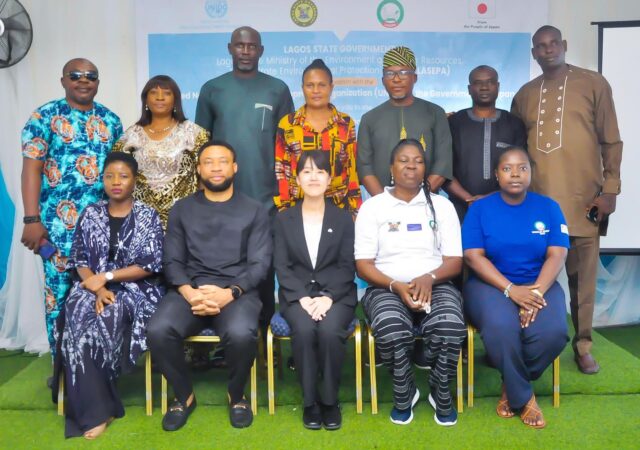* Highlights Transformations in Nigeria’s Downstream Sector
Robert Dickerman, CEO of Pinnacle Oil and Gas Limited, has emphasized that the downstream sector of Nigeria’s oil and gas industry is experiencing significant changes and challenges following the removal of subsidies. He noted that this shift presents a pivotal moment for reflection on Nigeria’s fuel market, pricing, and overall economic health.
Dickerman explained that the previous reliance on a single bulk supplier for imports led to distribution inefficiencies and an unsustainable foreign exchange (FX) subsidy, which strained marketers and incentivized the smuggling of subsidized fuel into neighboring countries.
Speaking at the African Oil Trading Logistics (OTL) conference in Lagos, themed “Alliances for Growth – Markets, Operations and Policy,” Dickerman pointed out that the transition to market-driven pricing has aligned gasoline prices with global levels.
“The only difference now between prices in Nigeria and those in neighboring countries is tax,” he remarked, adding that this shift alleviates the financial burden on the Nigerian National Petroleum Corporation Limited (NNPCL) and the federal government. However, he acknowledged that the new prices are significantly higher than the previous subsidized rates, posing challenges for many Nigerians whose economic circumstances remain unchanged.
Addressing misconceptions about fuel pricing, Dickerman clarified that the primary factor influencing fuel prices in Nigeria is not government policy or crude oil prices but rather the exchange rate of the Naira. “All petroleum products in Nigeria are priced in U.S. dollars and converted to Naira at market rates, making the FX rate critical,” he explained.
Looking ahead, Dickerman stressed the importance of enhancing the economic value of the Naira through fiscal prudence, improved revenue collection, export development, and supportive monetary policy. He urged Nigerians to consider how various factors—such as refining capacity, supply and demand dynamics, government policies, and market participants—interact to foster economic growth and reduce poverty.
Quoting Fareed Zakaria, he concluded, “The number one lesson from decades of economic policy is that countries embracing free markets and trade grow the fastest, raising their people’s standard of living the most.”
Dickerman highlighted the need for a unified approach to fuel pricing and currency stability as Nigeria strives for sustainable economic development.






